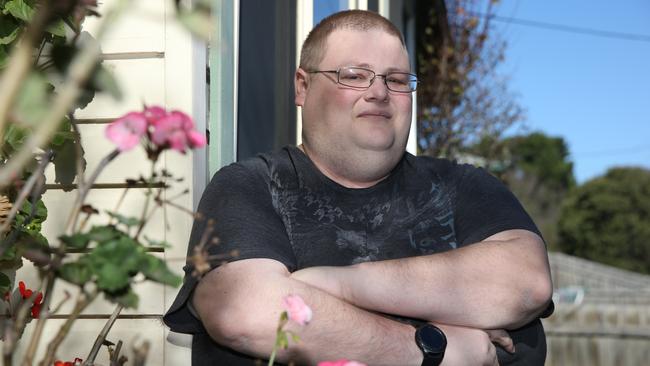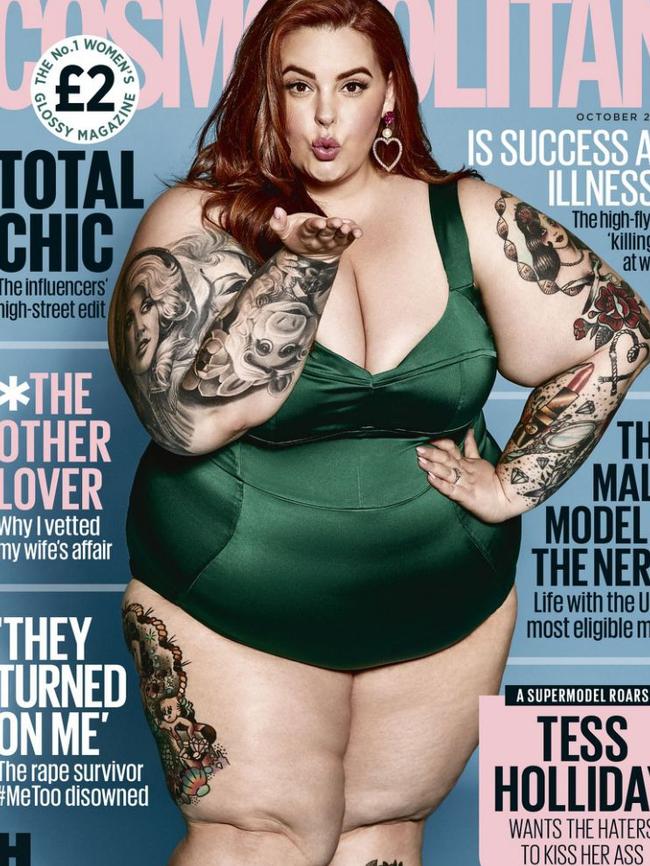Fat-shaming is a symptom of one big problem: You
As any anyone will tell you, they don’t need to be told that they’re fat. So the suggestion that shaming a person over their weight is for their own good should be recognised and called out for what it really is, writes Alana Schetzer.
Rendezview
Don't miss out on the headlines from Rendezview. Followed categories will be added to My News.
Chubby. Obese. Large. Big. Overweight. Curvy.
Whatever we call it, the thing these labels share in common is that they’re all used as qualifiers by people who choose to say or write cruel things about people who are fat.
Language matters, especially when it is used as a weapon to belittle or silence people. While there is no exact agreement of what word is best to describe people who live this experience, there are many who choose the word ‘fat’ to describe themselves and seek to reappropriate and return the word to its roots as a description and not an insult. Its under this condition that I’ll be using that word, ‘fat’, in this article.
MORE FROM RENDEZVIEW: Fat shamers, you’re just mindless puppets
Countless comments are made every day, online, curtly under people’s breath, yelled out of cars, and directly to people’s faces about the size and shape of their bodies. And in addition to being a genuinely horrible thing to do (and an equally horrible thing to have said to you), it’s also highly damaging to people’s self-worth and confidence.

A new report from Griffith University has examined the impact of fat people being body shamed and it found that the constant stream of “negative stereotypes” influenced how fat people thought about themselves. This includes feelings of shame, loneliness, psychological distress and low self-esteem generally.
MORE FROM RENDEZVIEW: There’s nothing shameful about this body
The real damage these kinds of words can have on people was further illustrated last week when Australian man Darren Beales accused Qantas of shaming him because of his weight. Mr Beales had purchased an emergency exit aisle seat but was forced to move after a flight attendant suggested that his weight would prevent him from being able to help in the event of an emergency.
“It made me feel really belittled. I could have helped in the emergency,” Mr Beales told news.com.au.
In the United States, USA Today encouraged its readers to take photographs of people sitting next to them during flights who they felt were ‘invading their personal space’. As you’d expect, this was interpreted as ‘fat people’ and a slew of photographs, taken and shared without the subject’s permission — all designed to humiliate them — were uploaded onto social media.
One tweeter posted somewhat gleefully that the whole exercise would result in these people being “endlessly mocked, harassed [and] doxxed”.
There are countless examples of people who have been, and continue to be, shamed, belittled and treated badly simply because of their weight. Even babies — the 10-month-old child of Steph and Ayesha Curry was recently targeted online, with his parents being told to put him on a “portion controlled diet” — are not immune.
MORE FROM RENDEZVIEW: Fat shaming is not the answer to our obesity crisis
Like all things in life, there are those who defend fat-shaming and seem to think that what they’re doing is actually a public service; that they’re providing some sort of motivation or ‘wake-up call’ to those that they deem to be in need of dropping some kilos. Sometimes it’s less overt, rolled-up in tips and hints about what to eat and which exercises to do so that it’s seen as acceptable and somehow helpful.


But as any fat person will tell you, they don’t need to be told or reminded that they’re fat. Nobody who has ever been fat is unaware that they are fat. The suggestion that fat-shaming a person for their own good is utterly disingenuous. It’s a form of bullying and should be recognised — and called out — as such.
MORE FROM RENDEZVIEW: Women are at their meanest about themselves
Just as there are a myriad of reasons why someone may be overweight, there are also a myriad of ways these people feel about it. Should they want to share it with someone, or ask for your opinion on the issue of their body, then they’ll likely do so. But unless that invitation is rolled out, keep your thoughts to yourself.
Telling people that they’re fat isn’t helping. Telling people that they should lose weight isn’t helping. Making comments about another person’s body without their consent isn’t helping. All you’re doing is adding burden and warping what people think about themselves.
People make fun of fat people, belittle them and talk down to them because they want to feel better about themselves and their choices — that’s all it’s ever about. It’s not about ‘helping’ anyone, so stop pretending that it is.
Alana Schetzer is a columnist for RendezView
Originally published as Fat-shaming is a symptom of one big problem: You


